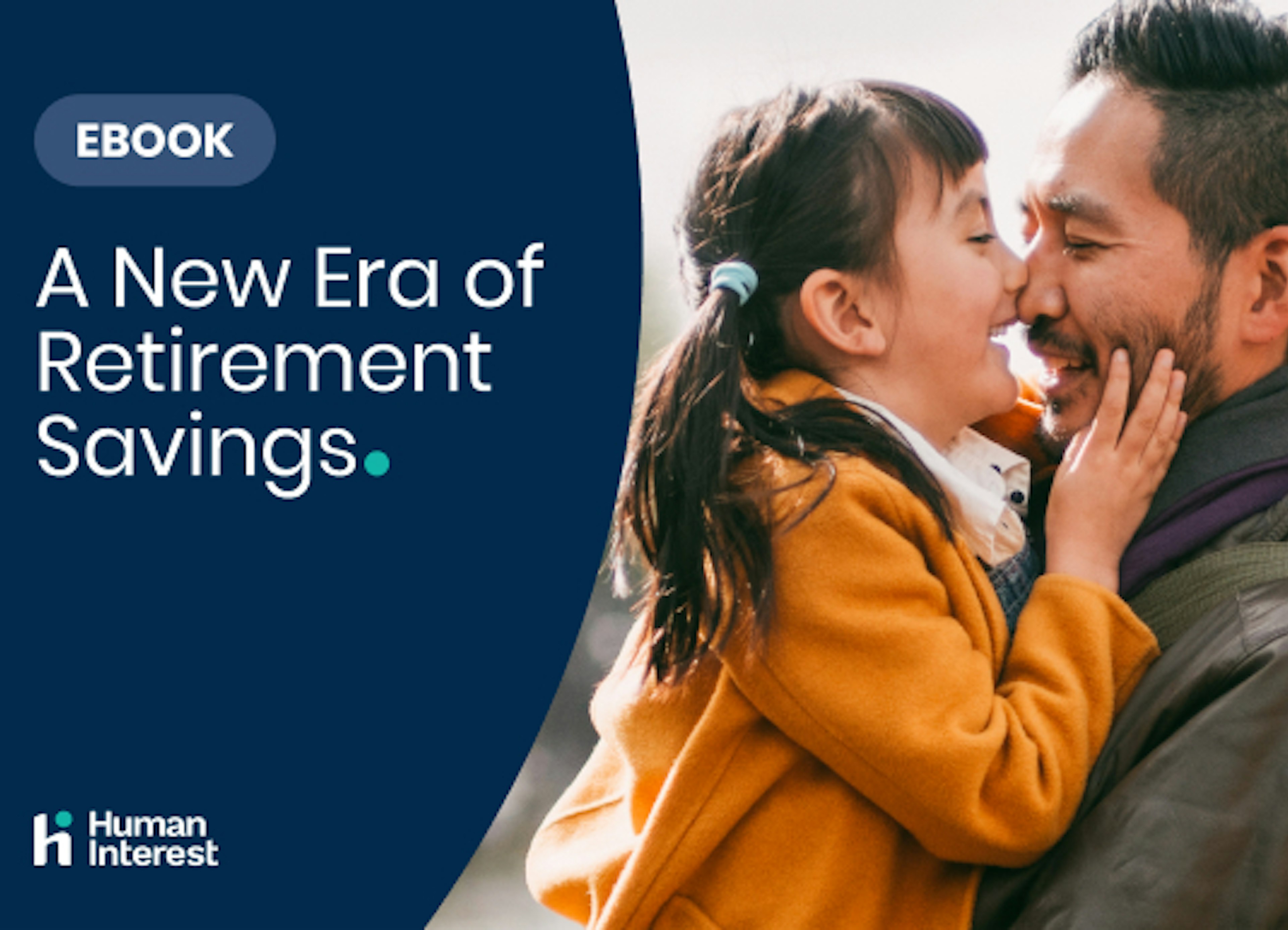It’s tempting to think that we’ll get rich and retire young. Or at the very least, that we’ll always have the fortune of employment. But the reality is that, more likely than not, we’ll all stop working at some point and therefore need to financially plan for that period of our lives.
Whether high costs of living are to blame, or the overwhelming amount of options, or employers who don’t sponsor retirement plans, the bottom line is that most Americans aren’t actively planning for their financial futures. Even among those who are saving, in many cases, they aren’t saving enough.
Today, we are seeing millions of retirees experiencing significant declines in their living standards once they stop working. Middle-class workers are retiring poor because they don’t have enough money properly saved. And the crisis will only get worse as time goes on.
At Human Interest, we believe that these problems are easily avoided with the right tools and planning, and by understanding the importance of retirement savings earlier rather than later.
The Changing Workplace
If you’re working at a startup or small business, you’re even more likely to be among the aforementioned American workers who aren’t saving as early or actively as necessary for retirement. Then again, you probably aren’t given a good option with which to do so.
Perhaps it is the perception that retirement plans are antiquated benefits, relics from the traditional corporate careers of former generations. Perhaps it is because many workers now switch jobs multiple times in the course of one career and focus on more cash-centered portfolios.
Generally speaking, startup and small business owners often fail to see the value of offering benefits like 401(k)s and sponsored retirement plans. In a study conducted earlier this year by the Bureau Labor of Statistics, only 45 percent of companies with fewer than 100 employees had 401(k)s. Further, half of U.S. workers lacked company-sponsored retirement plans.
The Sobering State of Social Security
The amount that Americans put in their retirement accounts now is about as much “security” as they put in Social Security. In other words, not much.
Workers today are half as likely to expect Social Security to be a major source of income in retirement than current retirees. Among those workers, twice as many young people don’t expect Social Security to be a source of retirement income at all, in comparison to those 45 and older.
Sadly, this distrust is not unwarranted. The average annual Social Security benefit is currently estimated at $18,200, an alarmingly low amount for individuals to live on and far below the amount that most people need to live comfortably.
In recent years, Social Security benefits haven’t increased much – some years not at all though many Americans have noted higher costs of living. (Look up the latest Social Security cost of living adjustment information here.) Furthermore, file and suspend is eliminated, meaning that when a primary worker suspends Social Security benefits, a spouse or child that depends on those benefits can no longer receive Social Security payments. Solutions like gradually increasing the retirement age to 67 and potentially beyond are also not going to fully address the underlying problem: there simply isn’t enough money.
Retirement savings are therefore critical to a secure financial future.
The Reality of the Retirement Crisis
In 2019 alone, 43% of retirees left the workforce earlier than expected. Though they may have been responsibly saving throughout their career, 60 percent of these workers were forced into early retirement due to a hardship such as a health problem or disability.
Early retirement from an unexpected hardship equates to less money in the nest egg, plus more non-working years to support.
Though it’s difficult to predict how and when these kinds of circumstances happen, it does help to become familiar with the different retirement options available in order to begin saving earlier, maximize options, and mitigate risks that might occur later in life.
At Human Interest, we believe that a path to financial security should be accessible to all workers, even (and especially) those employed at companies that don’t normally offer this benefit. Contact us to learn how easy and affordable it is to secure the financial futures of your company’s employees.
Low-cost 401(k) with transparent pricing
Sign up for an affordable and easy-to-manage 401(k).

Article By
Charity YoroOriginally from Hawaii, Charity is currently based in San Francisco. When not traveling the world — which she has been lucky enough to do a lot of — she can be found blogging about packing and living a rich life with less.


